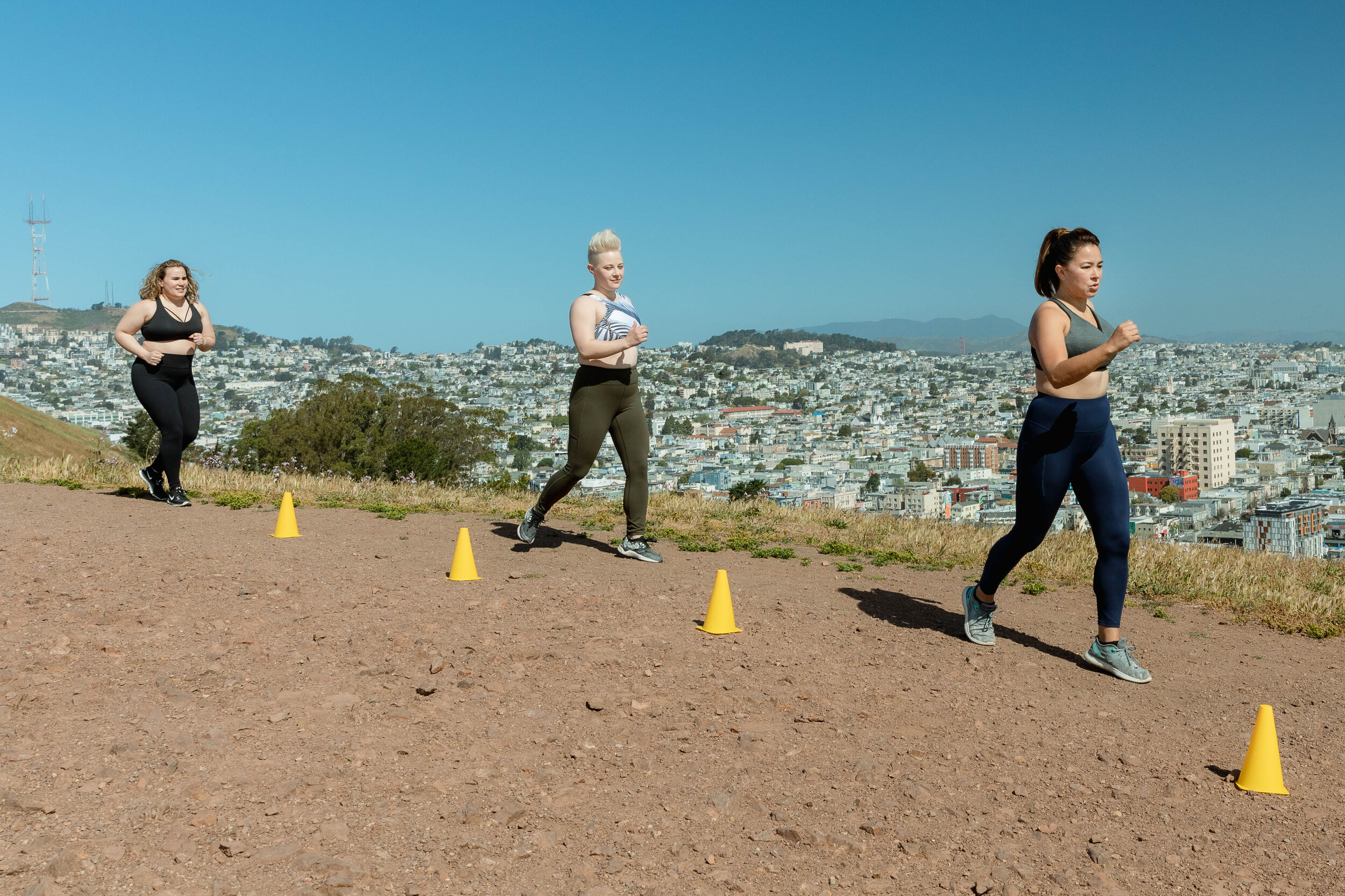5 Signs of Overtraining and Overexercising
Hello, my name is Natalie, and I am a recovering over-exerciser. At the climax of my competitive pole dancing, I was overtraining, and I paid the price with a big old injury. Between pole dancing, weight lifting, contortion, running and bicycling, my body was exhausted, but I was convinced that I had to keep pushing myself. It’s no surprise that one day the part of my hip that holds my femur in place literally tore (yes, major ouch) and I spent a year and a half in physical therapy.
One thing to understand about our bodies is that when we exercise, we cause small micro-tears in our muscle tissue, and allowing our body recovery time allows it to repair this tissue to come back stronger. Overtraining in fitness happens when a person is working out at a rate that doesn’t allow their bodies adequate time to recover and repair itself, and it’s different for everyone. To help you avoid a major setback like mine, here are my 5 signs you might be overtraining, and how to stop the cycle.
#1: You workout despite still being sore or exhausted from a previous workout
There’s a fine line between working out with sore muscles as a recovery session versus a too-much session. A recovery session is when your muscles are a little sore or tired, (think 1-4 on the soreness scale), and you do light activity such as remedial yoga, a foam rolling session, or easy cardio. Our muscles generally need 48 hours to repair themselves from the damage we do to them while working out, so if you did a major leg workout on Monday, you’ll want to give yourself about 2 days to let your muscles heal.
#2: You’re working out a lot but your ability has plateau’d
When I hear someone I know works out a lot and that they just aren’t as strong as usual, I typically tell them to take a few days off and try again. If exercises that usually come easily to you are harder than normal or have stalled on progress, it’s time to rest.
#3: Your sleep isn’t great, or you’re still waking up exhausted
If you’re having trouble sleeping, or you think you’re sleeping well but still waking up exhausted, it could be from over training. Granted, there are many reasons a person might experience this in today’s more is more world, but if you feel like you’re going to bed tired and still can’t rest well, your overtraining could be messing with your rest cycle.
#4: You worry taking a few days off will cause you to lose all your progress
This is a major one and probably the biggest red flag that I ignored when I was overtraining. It was tied to my disordered relationship with food, exercise, and my obsession with having the perfect body. I worked out sick. I worked out tired. I worked out even if it meant missing social engagements. I was terrified that taking time off would undo all my hard work. In fact, it’s the opposite. If your body is telling you it needs a break, take it. I also can’t diagnose you in a blog (duh!) but I would recommend that if this sounds like you, to please take a deep look at why your fitness results come at the expense of your actual health.
#5: You’re dreading your workouts when you usually enjoy them
Oh yeah, I’ve experienced this one big time! I once had a pole dance routine (you can watch it here) that I had choreographed myself, that was so incredibly difficult I was literally having nightmares about it. I would dread my rehearsal days. Not a good sign. So if you’re someone who typically enjoys exercise but lately you can think of 100 other things you’d rather do to postpone it, maybe take the hint from yourself and do easier workouts, reassess your goals and training schedule, or try a new activity that brings back the joy to movement.
The hardest part is realizing you’re overtraining, because recovery is actually pretty nice once you let yourself do it. My suggestions for a Deload week (what personal trainers call a recovery week in between workout cycles):
I recommend you take a deload week every 5-6 weeks, typically at the end of a training cycle, and before starting a new program
Deload weeks are to take it easy on your body and mind: activities like walking, low intensity bodyweight and cardio workouts, stretching or easy mobility workouts like this 13 minute circuit I created, or even sitting on your couch, are all ways you can recover. The point isn’t to not move at all, the point is to find the recovery style that works for you.
Vacation weeks are great times to take a deload week. You can either fall asleep in a hammock or doggy paddle in the pool. Win-win!
Workout challenges are fun but not at the expense of your authentic health. Just because everyone else is starting a new program on the 1st of the month, it’s okay for you to join a week late. The world will not end.
Questions or comments about overtraining and deload weeks? Let me know below, and subscribe to my newsletter to get notified when I come out with new blogs.
This content contains affiliate links, and as an Amazon Associate I earn from qualifying purchases at no extra cost to you.



